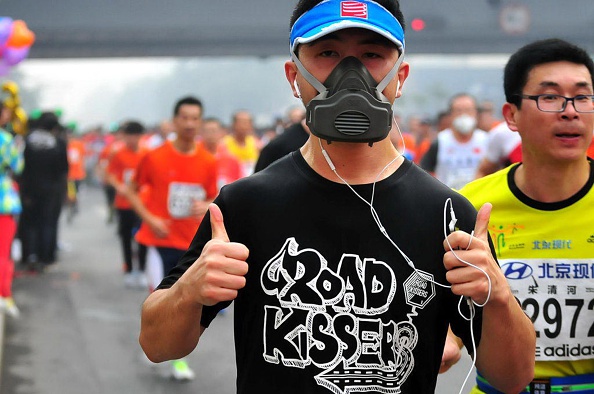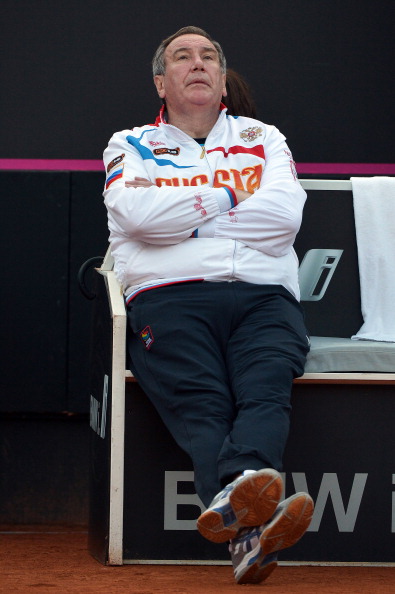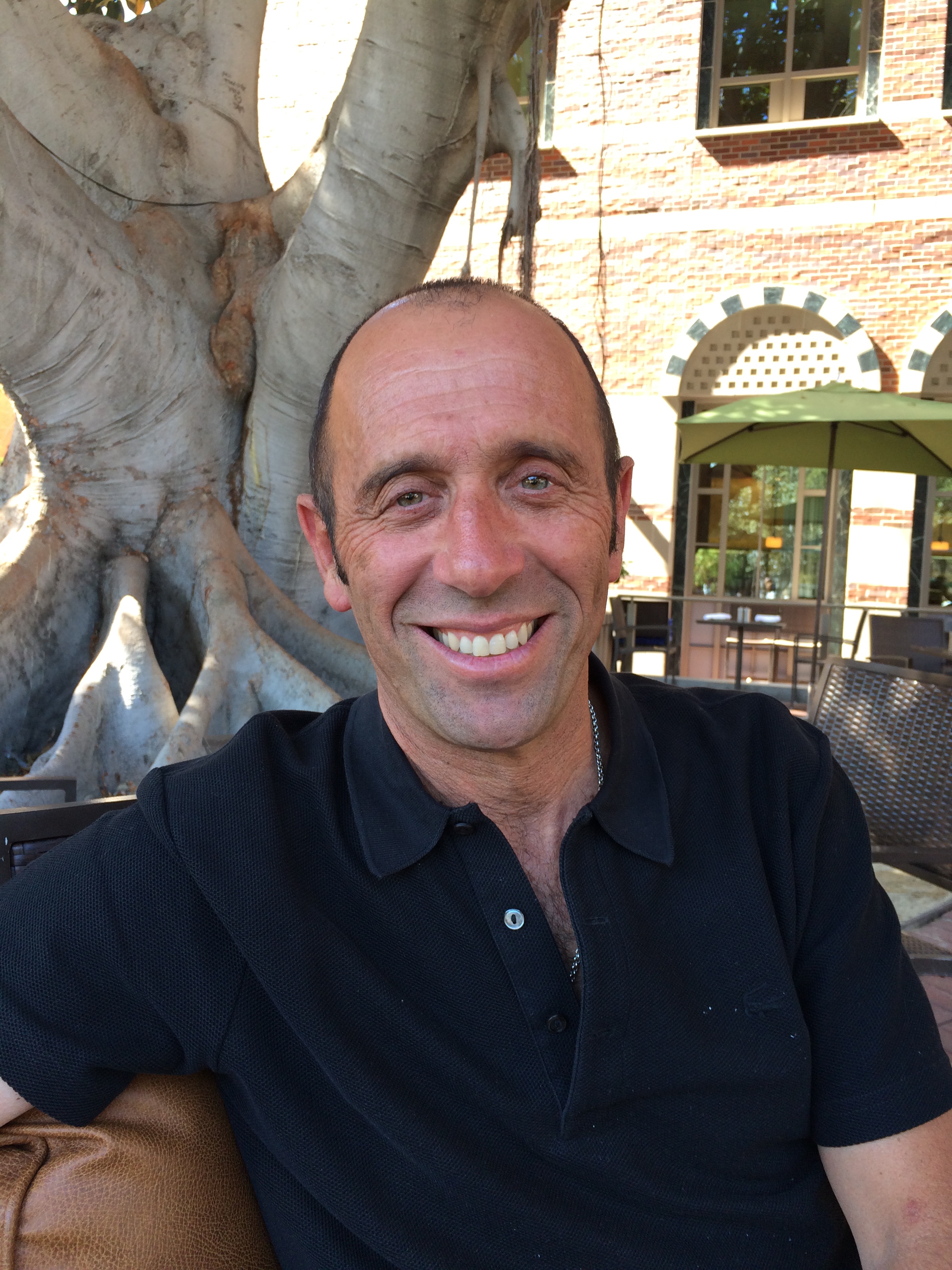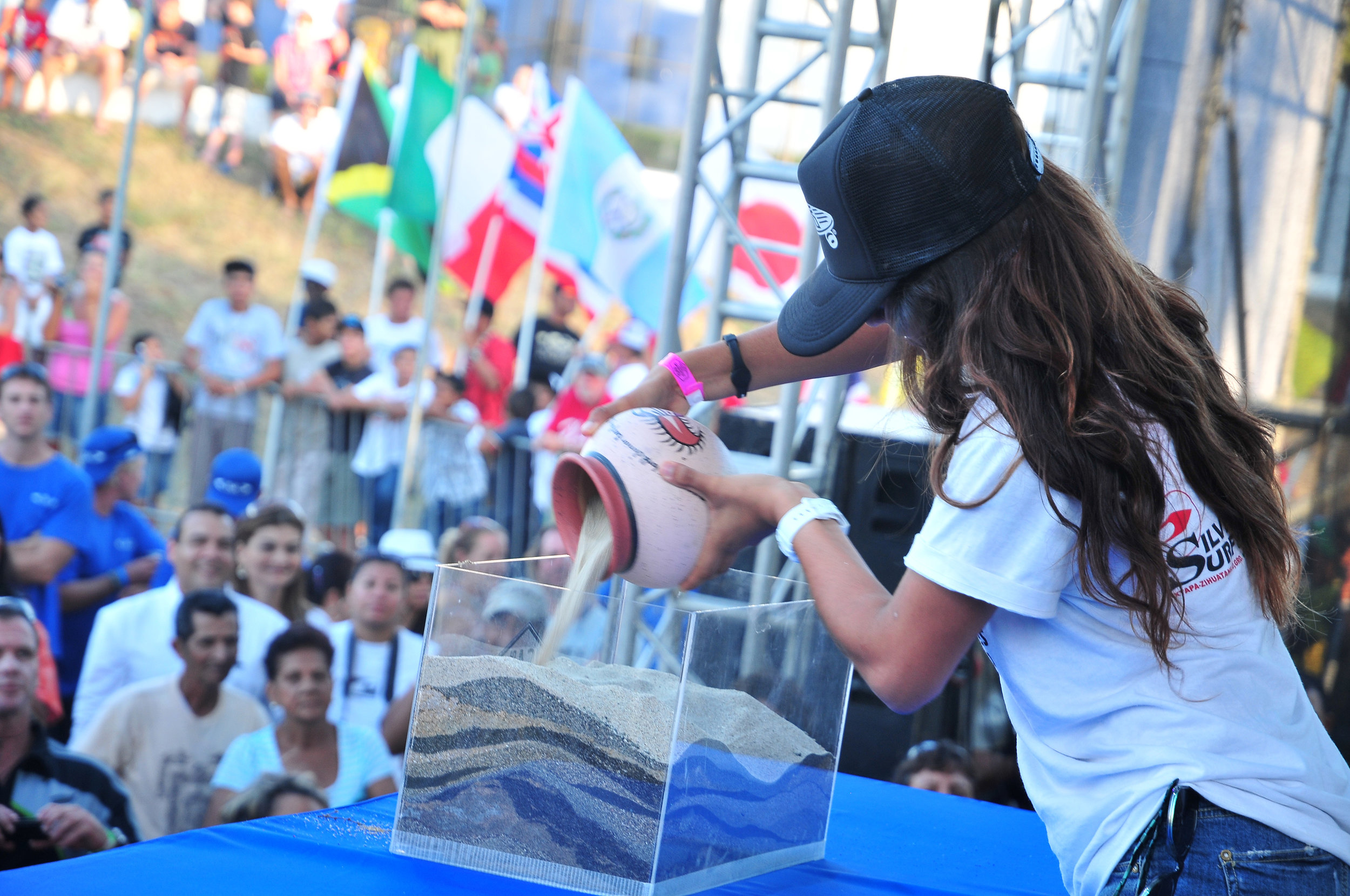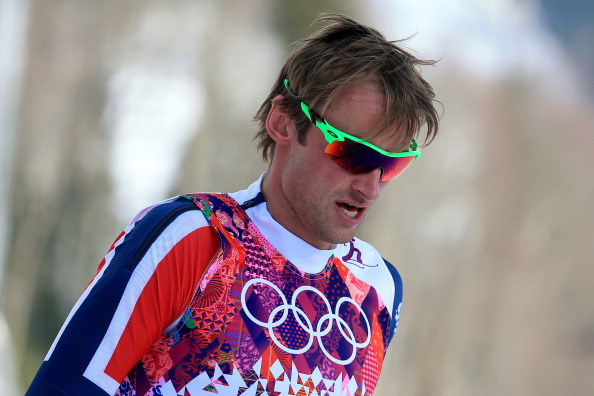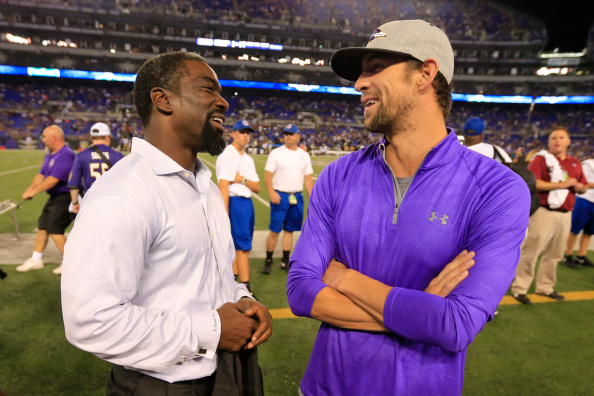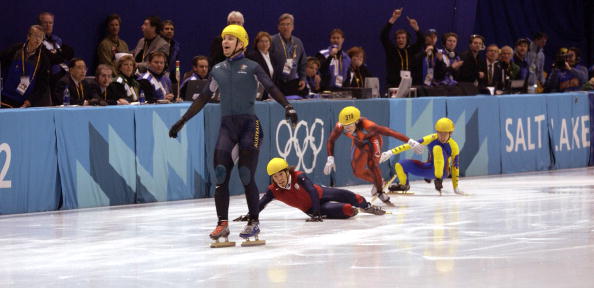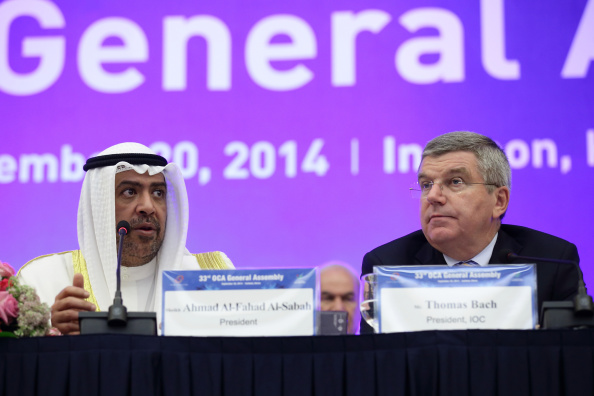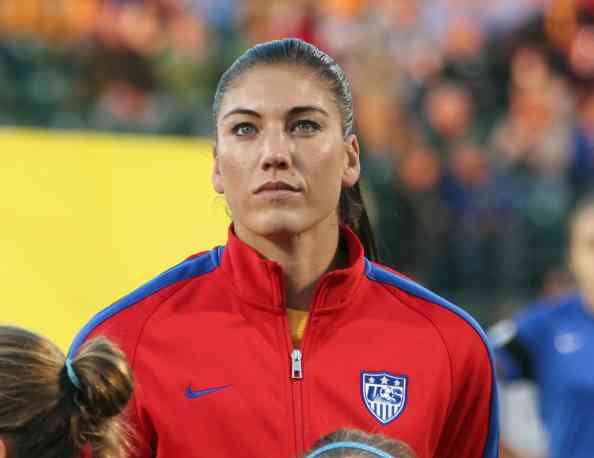The International Olympic Committee tends, generally speaking, to move with tradition and with careful adherence to process in mind. Thus perhaps, maybe, possibly the final outcome of the all-members session in December in Monaco, at which the IOC will review President Thomas Bach’s “Agenda 2020” review and potential reform plan, will produce far-reaching change. But the signal sent at the close of Thursday’s policy-making executive board meeting seems decidedly otherwise.
In announcing that the ban on IOC member visits to bid cities will remain locked into place, Bach shot down what could have been one of the most welcome changes to IOC practice, a move that could have ushered in an era of fresh transparency and governance.
Instead, even as he sketched out for reporters on a teleconference some of the highlights of the “Agenda 2020” recommendations — saying he wants the bidding procedure to be more of an “invitation” to cities than an “application for tender” and wants proposals for a more flexible sports program — the concern reasonably has to be that change will end up, in practice, being incremental or at the margins, not the sort of shake-up that quite clearly is in order.
The challenge, as is evident to everyone familiar with the Olympic movement, is that it needs to figure out the 21st century.
When, as a for instance, you only have two cities in the entire world — Beijing and Almaty, Kazakhstan — that want in on one of your flagship opportunities, the 2022 Winter Games, and when, moreover, you, the IOC, have $880 million to give away to a winning city’s organizing committee and still there are only two entries in the derby, something systemic is not right.
On a different level, the IOC needs a crash course in how today’s teens and 20-somethings talk and think so it can then speak to these young people, wherever in the world they are, in the language of their hopes and dreams.
Full details of the set of 40 Agenda 2020 recommendations — or as the IOC press release slyly put it, “20 + 20” (get it?) — were not released Thursday; they need to circulate yet to the IOC members; all 40 are due to be made public in November.
One significant change was disclosed: the introduction of an Olympic TV channel. This is, for the Olympic movement, big stuff.
The rest: unclear.
What is absolutely clear is this:
The IOC works best when the president is large and in charge.
Unquestionably, this is Bach’s IOC. That executive board meeting was supposed to run three days. They got through everything in two — less, actually, because the closing teleconference was at 2:30 in the afternoon central European time.
This is indicative of a president who had his priorities for the meeting detailed and his board, well, on board.
Ladies and gentlemen — nothing wrong with any of that. Thanks now for the good work, and go home. See you in Monaco in December for the discussion and the voting, everyone.
Presumably, by the way, the votes will be more or less worked out ahead of time. There will be a lot of phone calls between now and then.
This is the way the IOC functions most smoothly. There's nothing undue or nefarious or even just weird about it.
It took Bach’s predecessor, Jacques Rogge, years to figure this out. Rogge experimented with enhanced democracy within the IOC and — it was a mess. Elected in 2001, it perhaps wasn’t until after the 2004 Athens Olympics, maybe even a couple years later, that Rogge made it clear that, OK, I’m the boss.
Bach — this analysis is absolutely intended to be complimentary — came to office last September and, in a myriad of ways, in particular the robust manner he has sought to delineate sport’s role in a political world, wasted zero time making it plain he is running the show.
There have always been two ways to view Agenda 2020, the blueprint of which was right there in Bach’s campaign manifesto.
You could say it has left the IOC in the stasis that marked Rogge’s final year-plus in office for yet another year. (While, of course, to be thoroughly fair, the IOC got through the Winter Games in Sochi and the Youth Games in Nanjing.)
Or you could argue that Agenda 2020 gave Bach a year to get buy-in from most (no one ever gets all) of the stakeholders throughout the Olympic movement, and beyond.
If you see it this latter way — pretty darn clever, right?
It’s pretty darn clever because Bach is himself a most shrewd guy and, as well, learned a great deal from many people, including Rogge and, before that, Juan Antonio Samaranch.
The overarching question throughout Agenda 2020 has been how far Bach can — could? is willing to? — push the IOC.
This is where the bid visits issue is so telling.
The visits were banned as a response to the scandal that erupted in late 1998 amid Salt Lake City’s winning bid for the 2002 Winter Games. Ten IOC members resigned or were expelled for taking cash, gifts or other inducements.
In recent years, some have pushed to reinstate the visits.
For instance, would the IOC really have voted for Sochi if the members had been able to go there and seen — what? Virtually nothing was there in 2007. Could the IOC have saved itself a (purported) $51 billion headache if there had been visits?
Further, the real issue is one of trust — revolving around the members themselves. If you take a step back, there are two parties in the bid game, the cities and the members. The IOC long ago purged itself of those members it couldn’t trust. Remember, the cities are the ones seeking favor — they’re the ones with the gifts and inducements most readily at hand. So, now, who needs to be curbed, the cities or the members?
To that end, Bach faces a credibility gap when he flies around the world and talks to anyone — you name it, anyone from prime ministers to civic groups — about the IOC itself. Is he supposed to be taken as seriously as he could be, as he should be, when his own members can’t be trusted to visit the cities bidding for his franchise?
This is why a debate in Monaco about bid visits could have been one signaling a renewed era of IOC transparency.
Instead, Bach said Thursday to reporters: “I hope my executive board members and other members will forgive me if I say here already, but there will be no recommendation for a change in this regard.”
Change is what the IOC needs.
How much it’s going to get is what remains to be seen.



